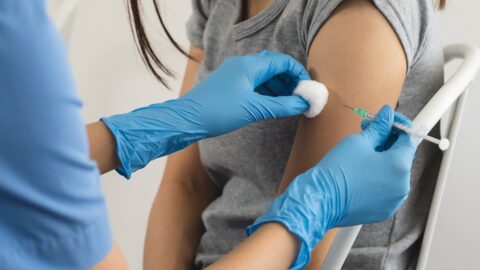Unscrupulous sellers of bogus health plans and those gathering contact information for non-existent health ID cards, have pocketed millions of dollars across the country. Research everything carefully before you give away any personal informaion or invest in any health plans. You want to avoid anyone trying to sell you discount cards or limited benefit plans, or they may try to overcharge for premiums. In some cases, they may even try to sell fake health plans that may seem real but have no value.
Since the Patient Protection and Affordable Care Act was passed into law, health insurance scams are now everywhere. With that said, Healthcare.gov warns Marketplace consumers to beware of email phishing scams. The United States Computer Emergency Readiness Team (US-CERT) recently reported phishing emails claim to come from a U.S. Federal Government Agency and reference the Affordable Care Act in the subject line. If you get one of these emails or any other questionable emails, delete it immediately.
Here are more ways to stop scams:
- Don’t click on links or download attachments from unknown sources. Rather, you can go to your carrier’s website or to healthcare.gov
- Don’t give any personal information such as username, password, bank account number, or Social Security number by email.
- Keep your antivirus software up-to-date.
The Marketplace aims to protect your information in accordance with the law. To get additional tips on how to avoid scams, click here.







